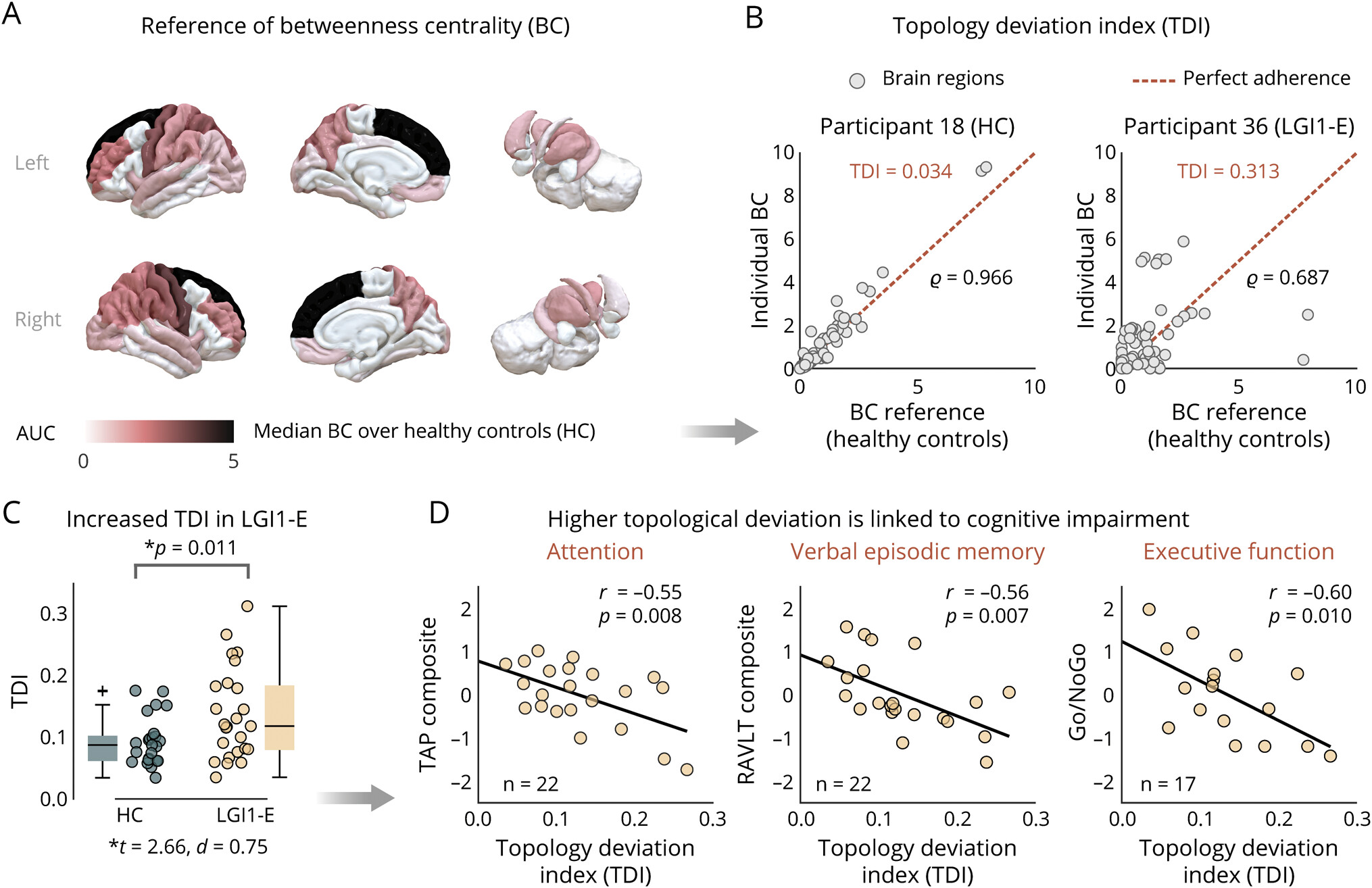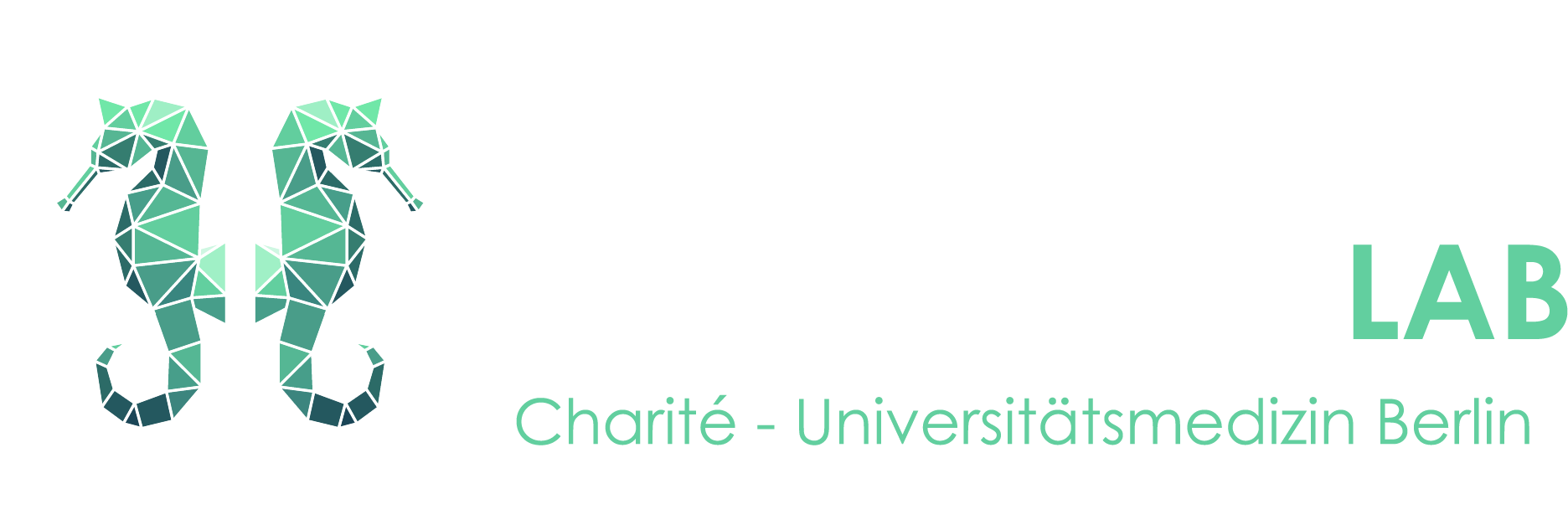New Study Links Cognitive Deficits in Anti-LGI1 Encephalitis to White Matter Network Changes
Nina2025-03-11T15:54:56+01:00
Just out in Neurology: Neuroimmunology & Neuroinflammation!
A new study from our lab shows that long-term cognitive outcomes in patients with anti-LGI1 encephalitis (LGI1-E) are linked to changes in the brain’s white matter network.
Background:
Patients with LGI1-E typically develop a combination of symptoms including seizures, psychiatric symptoms, and cognitive impairment. While most patients respond well to immunotherapy with regard to seizures and psychiatric symptoms, cognitive deficits often persist for many years after the acute illness. However, our understanding of why this is the case remains incomplete.
What our study adds:
We found that patients with LGI1-E show a reorganization of the brain’s white matter network. Overall, networks in patients were less connected than those of age- and sex-matched healthy individuals. Additionally, we observed changes in how ‘central’ individual brain regions are in the white matter networks of patients. To quantify these changes, our work introduces a new measure of network reorganization: the topology deviation index (TDI). Notably, this TDI measure was linked to cognitive outcomes, where patients with a higher degree of network reorganization showed lower performance across several cognitive functions.
What we take away from this:
Although LGI1-E is traditionally viewed as a form of ‘limbic’ encephalitis, our study suggests it should rather be viewed as a ‘network disorder’ that affects the whole brain. Long-term cognitive deficits and the associated reorganization of white matter networks were not prevented by the applied immunotherapy, highlighting the need for closer clinical monitoring and improved treatment strategies to mitigate cognitive impairment in LGI1-E.
For more, check out the paper here: [pdf]

Figure 4. The Extent of White Matter Reorganization Is Associated With Multidomain Cognitive Impairment in Patients With Anti-LGI1 Encephalitis
(A) Reference distribution of betweenness centrality (BC), computed as the median BC value across all 25 healthy control (HC) participants for every brain region. (B) Illustration of the topology deviation index (TDI), computed as the nonparametric correlation distance between the BC distribution of an individual participant (y-axis) and the reference distribution from panel (A) (x-axis). The left plot illustrates a control participant with low topological deviation and the right plot a patient with high deviation. (C) Patients with anti-LGI1 encephalitis show higher TDI scores than HCs (t test, n = 25 each group, d: effect size). (D) Higher TDI scores in patients are associated with impaired cognitive performance across multiple cognitive domains (all pFDR < 0.02).

